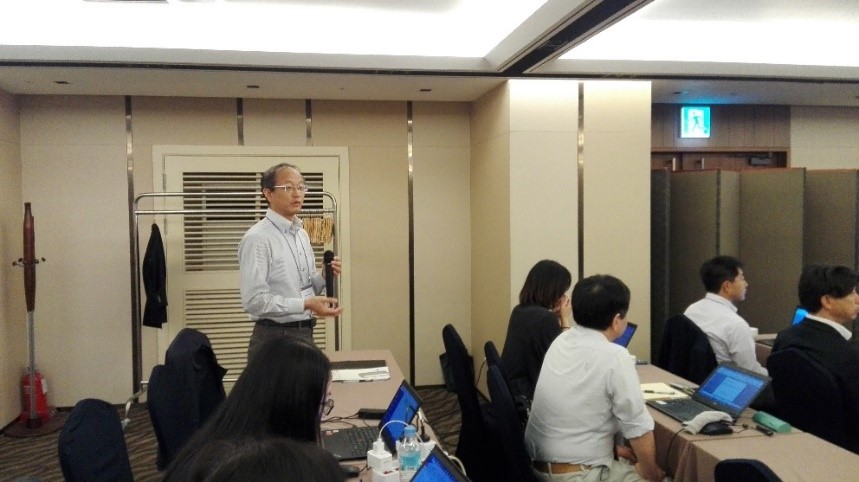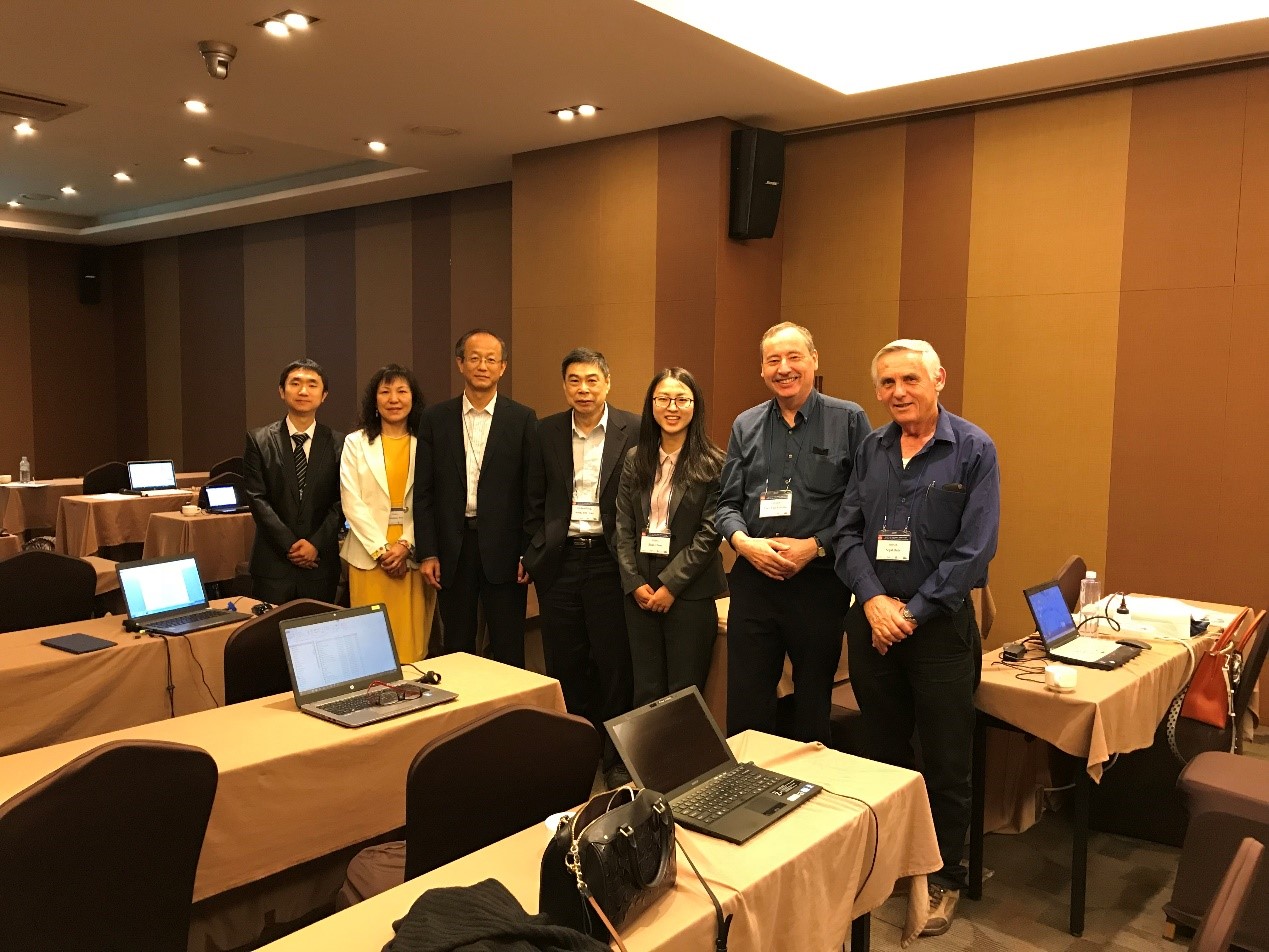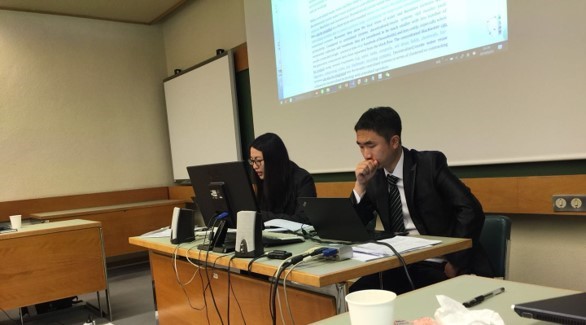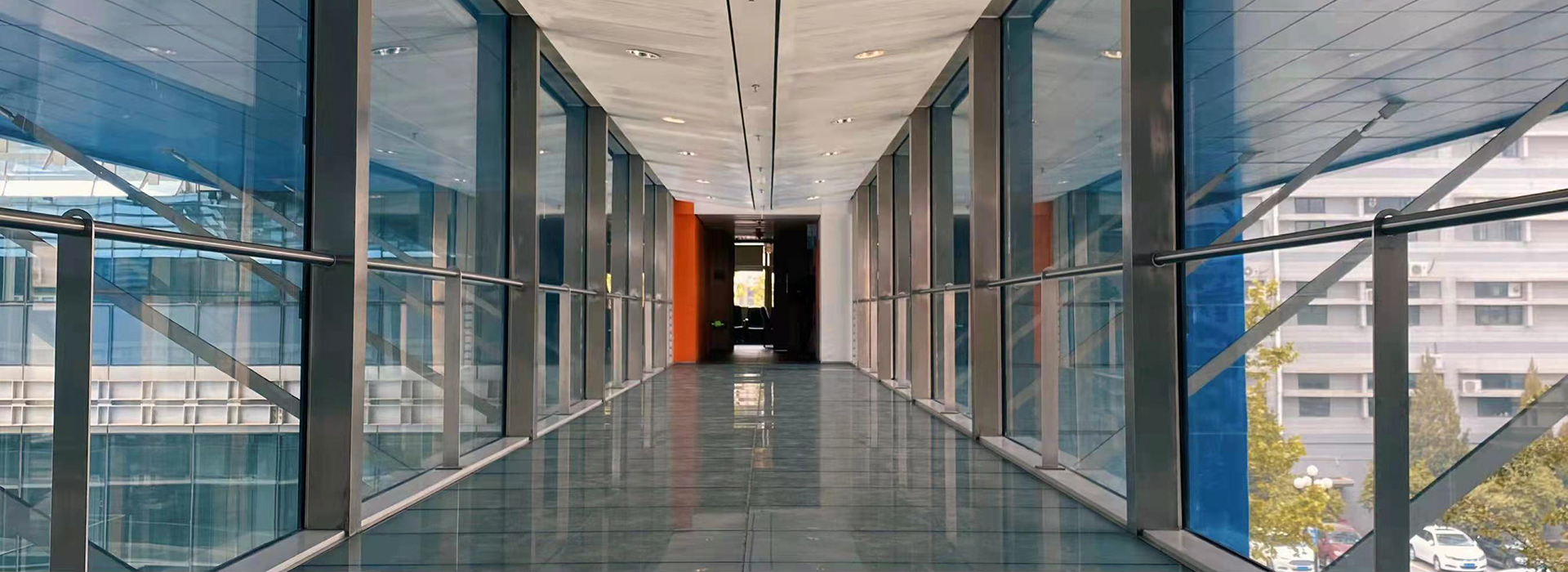Water shortage is a worldwide major problem, and water reuse is a solution to alleviate water shortage. Reverse osmosis is a necessary treatment part for high-standard reclaimed water treatment. In countries such as the United States and Singapore, RO is used for deep purification of reclaimed water and production of pure water for groundwater recharge or drinking water sources. In many of China’s cities, such as Beijing, Tianjin, and Dalian, the RO is used to purify reclaimed water and produce industrial pure water to supply industries, including electronic information, power, and heat. At present, countries globally use RO in a large number of high-standard reclaimed water treatment processes, but international standardization is lagging far behind the practice.
Currently, the international standards related to RO treatment mainly focus on desalination and drinking water purification, and there still hasn’t been a standard for RO for reclaimed water. RO for desalination or conventional water purification has been relatively mature. However, compared with the above-mentioned water sources, due to the different water quality required, the RO treatment of reclaimed water faces more complex and serious membrane fouling problems, resulting in high operational energy and chemical consumption and low process efficiency, which restricts its further development. In light of the above problems, it is important to develop an international standard in this field.
Based on long-term research and a large number of engineering practices, the SOE research team has formed the first ISO international standard for the design of reclaimed water RO treatment systems. The Standard mainly stipulates the principles and methods of urban reclaimed water RO treatment design, specifies the design requirements of the feed water source, pre-treatment, RO treatment, monitoring unit, and auxiliary equipment in the RO process. It also proposes the index system for feed water quality design of the reclaimed water RO treatment process, and clarifies the influence of key fouling components and microorganisms in the reclaimed water on the RO process. The Standard provides a basis for the scientific and standardized design of the reclaimed water RO treatment system, and offers strong technical support to ensure the stable and efficient operation.
ISO/TC282 Water Reuse and Surface Water Management Technical Committee was established in 2013 with 48 active members and observer countries, specifically responsible for developing international standards in water reuse to promote the healthy and standardized development of the water reuse industry. ISO/TC282 now has four technical subcommittees, namely, treated wastewater reuse for irrigation (SC1); Water reuse in urban areas (SC2); Risk and performance evaluation of water reuse systems (SC3); and Industrial water reuse (SC4). It also has three working groups, including TC282/CTG1 (Communications Task Group) and TC282/WG2 (Terminology). The Technical Committee has published 23 ISO international standards and is developing 16 standards, including 5 led by Tsinghua University.

Tsinghua University Working Group giving presentations at ISO/TC282 Plenary Session (Seoul, Korea 2018.05)

Tsinghua University Working Group with Delegates at the ISO/TC282 meeting (Seoul, Korea 2018.05)

Tsinghua University Working Group Chairs ISO/TC282/SC2 Technical Workshop (Lisbon, Portugal 2019.05)



